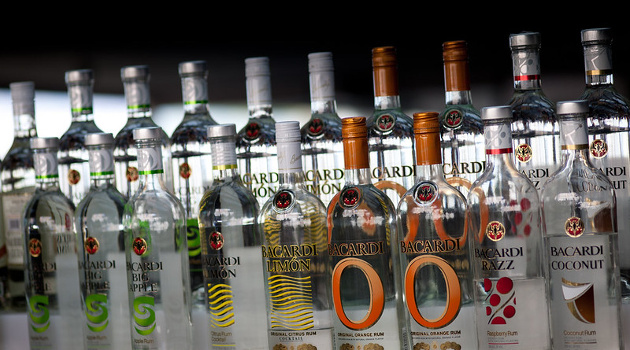Originally published by the Washington Examiner on December 15, 2022.
While most of the country is preparing for the festive season by hanging decorations, budgeting shopping trips, and scheduling family get-togethers, a flurry of activity is commencing in Washington, D.C., for a different kind of yearly ritual — the debate over tax extenders. Before Santa arrives, Congress hopes to compile its own naughty and nice list. But instead of handing out either presents or lumps of coal, legislators might be deciding whose special tax provisions scheduled to expire can stay for another year and who will go without.
The whole business of yearly tax extenders ought to be put to rest. While not every individual provision is bad, those that are worth keeping should be made permanent. Everything else should be allowed to expire for good.
Consider the “Rum Cover-Over,” which is weird Washington jargon for laundering excise taxes through the federal government and back to the relevant jurisdiction of production. In this case, it means that of the $13.50 per proof-gallon of federal taxes collected on distilled spirits, $13.25 from rum produced in Puerto Rico and the U.S. Virgin Islands is returned to the two territories. The permanent cover-over rate is $10.50, but since 1999 an additional $2.75 has been added on a “temporary” basis that has been extended ever since.
When the program was created in 1917, the aim was to help financially stabilize the island territories. But as usual, unintended consequences have soured the effort.
The normal effect of excise taxes is to lower demand, which is why lawmakers often apply them to unpopular goods. But when the revenue collected is attached to a desirable goal, or at least one perceived so by lawmakers, it leads to a perverse incentive for lawmakers to encourage more consumption for the sake of increasing tax revenue.
With the Rum Cover-Over, there is an even worse incentive problem. Revenues collected from Puerto Rico and the U.S. Virgin Islands are returned to each, but on top of that, the much larger rum tax receipts collected from everywhere else are also shared between the jurisdictions, distributed based on the relative production between the two. This means that if one jurisdiction produced 75% of their total combined rum output, it gets 75% of the outstanding tax revenue for that period.
This has, unsurprisingly, led to an arms race of rum production between Puerto Rico and the U.S. Virgin Islands, subsidized by redirecting an ever-growing share of cover-over revenue directly to producers. So, while the legislative intent was to benefit the islands, its actual effect over a century later is a massive distortion of markets and the lining of industry pockets.
Rum producers long ago figured out that they can play the two territories against one another to maximize their take of the grift. Now, as much as 40-50% of the funds provided through the Rum Cover-Over program are used to subsidize production. Together, two large global distillers — Bacardi and Diageo — receive $300 million in corporate handouts each year. And according to the Congressional Budget Office, the program will cost $7.1 billion over the next 10 years.
We’d all be better off if yearly congressional traditions benefited taxpayers themselves instead of providing taxpayer-funded gifts for favored interests. Paring back the Rum Cover-Over by letting the recurring “temporary” increase expire is a modest start. More significant reform to limit subsidies to producers, or even full repeal, would be a true Christmas miracle.
———
Image credit: Jimmy Baikovicius | CC BY-SA 2.0.

